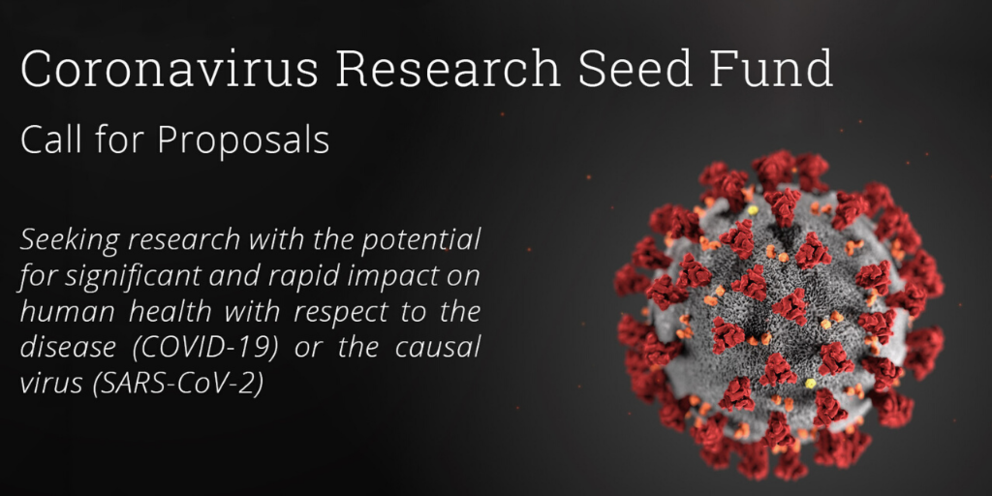
In response to the expanding COVID-19 crisis, Penn State’s research community launched an initiative called the Coronavirus Research Seed Fund (CRSF) to “support research with the potential for significant and rapid impact on human health with respect to the disease (COVID-19) and the causal virus (SARS-CoV-2).” The Research-to-Policy Collaborative (RPC), led by Max Crowley and Taylor Scott, has been awarded funding through the CRSF.
Spearheaded by the Huck Institutes and supported by the Social Science Research Institute (SSRI), the Materials Research Institute, the Institute for Computational and Data Science and the Institutes for Energy and the Environment, the CRSF aims to rapidly contribute to the response of the COVID-19 crisis.
The RPC’s proposal, titled “Rapid Translation of Research into Coronavirus Policy Response,” seeks to leverage scientific findings that indicate policymakers’ application of research-based evidence is enhanced by trusting interpersonal relationships between researchers and policymakers. Housed under the Evidence-to-Impact Collaborative, a unit of SSRI, the RPC is a model for bridging research and policy by emphasizing partnerships between research experts and legislative staff.
“We outlined a number of activities for this proposal including engaging child and family scholars who can respond to congressional needs with timely and scientific technical support through the Rapid Response Network. The network will be an enduring asset as time-sensitive policy issues continue to arise,” says Crowley, assistant professor of human development and family studies and Director of the Evidence-to-Impact Collaborative. “In addition to strengthening the network, we will identify scientific needs among federal legislators, beginning with legislators with health-related committee assignments. We intend to work closely with legislative staff to determine policies which may mitigate impact for families in order to direct researchers in the Rapid Response Network on strategy for supporting related policy efforts.”
Under the proposal, the RPC will also respond to general congressional needs like reviewing policy language for legislative and administrative guidelines and supporting scholars in developing 1-2-page fact sheets for non-academic audiences.
“The work of the RPC focuses on increasing policymakers’ use of research-based evidence by supporting scientists’ research translation,” states Taylor Scott, research assistant professor in the Edna Bennett Pierce Prevention Research Center, and the associate director of the RPC. “We hope to create a working relationship with legislators and researchers through engaging substantive experts who can rapidly and effectively respond to the requests of policymakers, providing guidance and support for that engagement, and encouraging communication between researchers and legislative offices.”
With established communication lines between legislative offices and researchers, opportunities arise for researchers to produce policy briefs and fact sheets, to participate in congressional briefings and testimonies, and to review legislative language, per request.
For more information on the RPC, please visit https://www.research2policy.org/ or email Scott directly at jxs1622@psu.edu. To get involved in the COVID-19 response, please contact the leading policy associate, Cagla Giray at cagla.giray@research2policy.org, or enroll online https://www.research2policy.org/researcher-sign-up.